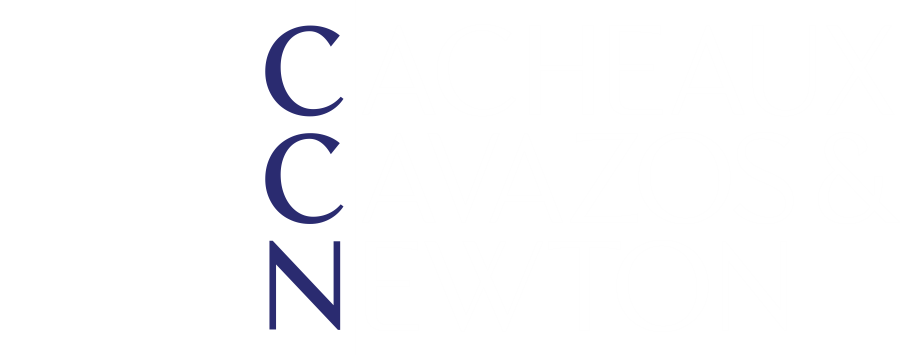As a result of the COVID-19 pandemic, Mexican companies that i) are deemed essential, ii) are deemed to be non-essential but are and currently undergoing a reopening process, and iii) those that due to the nature of their work have employees working remotely, must implement and maintain specific written protocols and policies in accordance with federal and local guidelines requiring numerous measures to be taken to ensure a safe return to work, and if applicable, to regulate temporary remote work.In addition to maintaining appropriate protocols and policies, companies must also maintain certain documentation such as logbooks, questionnaires, records of the delivery of personal protective equipment, signage, communications, and training records, among others. In the event of a workplace inspection, the company can use such documentation to prove its compliance with all guidelines applicable to companies that are reopening their operations.Furthermore, it is important for companies to maintain documentation and photographic evidence of their facilities. Such may be needed to prove to the Mexican Social Security Institute (“IMSS”) that they have complied with the self-evaluation process that companies must conduct on the electronic platform named the “new normal” (“nueva normalidad” in Spanish), in order to obtain approval to reopen their operations. In addition to the federal self-evaluation process, some Mexican states have their own local platforms, processes and guidelines with which companies must comply. Some states even go as far as to require random COVID-19 testing of employees, in proportion to the number of employees employed by the company.Importantly with respect to remote work, the IMSS has determined that it is possible to consider COVID-19 a work-related illness. In order to avoid the risk of COVID-19 or any other conditions or illnesses suffered by employees working remotely from home from being incorrectly classified as a work-related accident or illness, and to regulate work schedules, measure productivity, ensure the correct use of work devices, confidentiality, and appropriate use of the workspace (ergonomic), among others, companies must thoroughly regulate remote work through protocols and policies duly acknowledged and signed by employees. In such cases, an exhibit to the individual labor contracts of a company’s employees must be added to document that the employees will be temporarily working under the remote work format.Employers should consult with their advisors to obtain the advice necessary to fully implement all of the guidelines and measures described above. They should also correctly and completely prepare the documents, protocols, policies and exhibits they require to comply with all of their Mexican labor law obligations.
